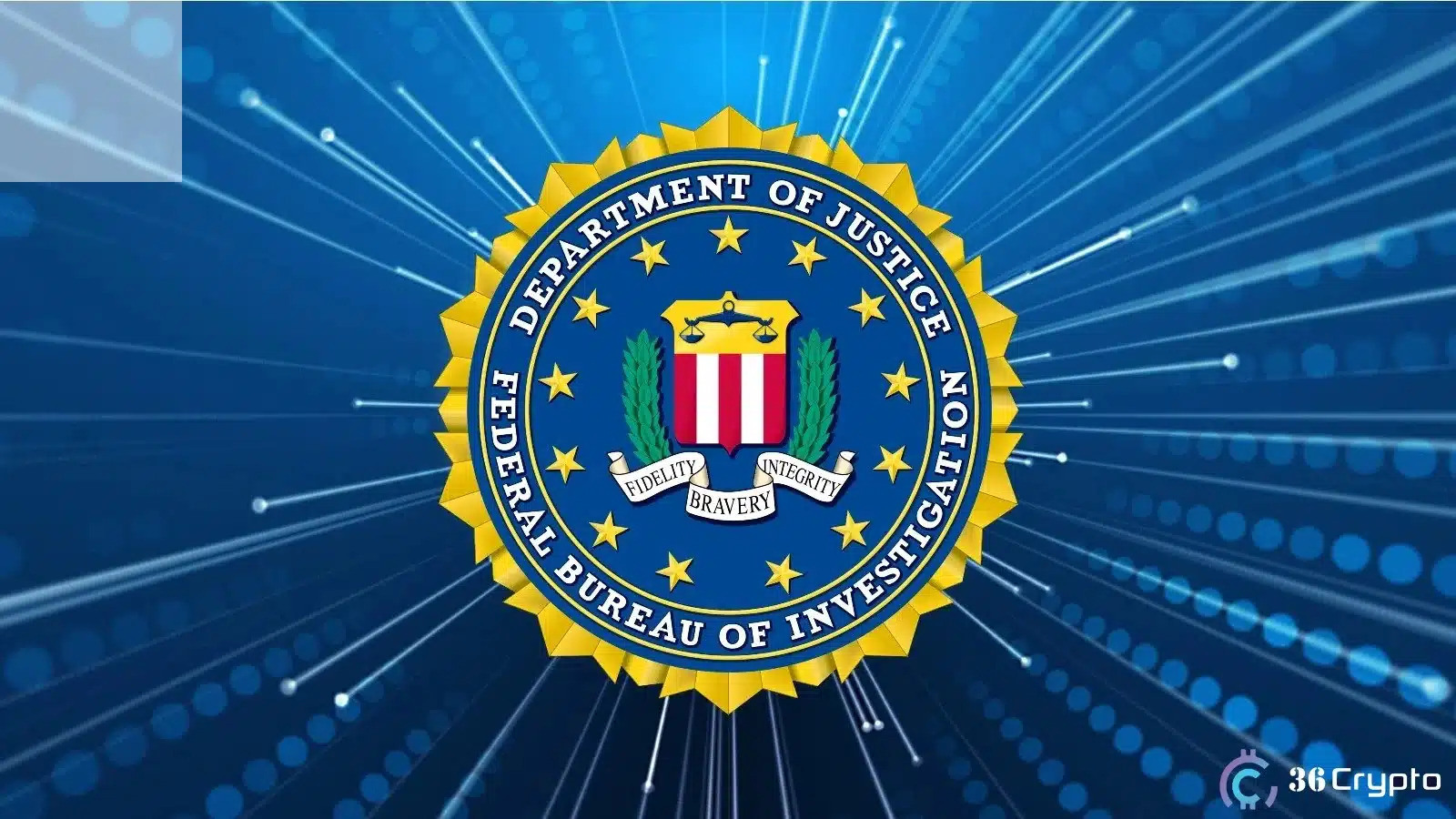Last updated on March 25th, 2025 at 07:02 am
The United States FBI has released a warning to the public about the growing scams relating to NFTs and the impersonation of key figures. The Federal Bureau of Investigation sounded the warning to the NFT community to be aware of the increasing threat and how to protect themselves.
In an August 4 Public Service Announcement (PSA), the Bureau warned about cyber criminals impersonating developers of popular NFT projects in order to exploit unsuspecting victims.
According to the FBI, these criminals achieve this by hijacking the social media accounts of NFT developers or using accounts with similar names to promote scam projects and further drain victims’ wallets through phishing links. The hackers make fraudulent posts inducing a sense of urgency, using words or phrases like “surprise,” and “limited supply.”
Scammers drain victims’ accounts through phishing links
Potential victims who come across these scam promotions from what seems to be a big NFT project, click on attached links that redirect them to a page that includes a smart contract that automatically drains the funds of NFTs saved in their wallets.
“Links provided in these announcements are phishing links directing victims to a spoofed website that appears to be a legitimate extension of a particular NFT project,” the PSA reads
Once on the fake website, it invites the victim to connect their crypto wallets and purchase the NFTs. The unsuspecting victim connects their wallets to a “drainer smart contract” which results in the transfer of all saved cryptocurrencies and NFTs from the victim’s wallets to the hackers’ wallet.
The recognition and warning from the FBI underscore the growing cyber threat to crypto enthusiasts, especially beginners who are not very familiar with the concept of due diligence.
Related Reading: How to Recover My Stolen Cryptocurrency
A disturbing case recently uncovered by an X (formerly Twitter) user, StockEd was posted on the platform on August 5. According to the post, StockED was a victim of a hack where they lost about $300,000 in NFTs.
It detailed how the hacker was able to get away with the amount even though they didn’t connect their wallets, simply by just clicking on a link that looks like the LooksRare NFT marketplace.
I clicked this looks rare and now 300k+ NFTs are gone of my mind.
I didn’t connect my wallet.
Fuck NFTs
I’m so done pic.twitter.com/3DdPG5I82c
— StockEd (@robbyhammz) August 5, 2023
FBI recommends tips to prevent getting scammed
Even though phishing and other type of crypto scams are growing by the day, there are precautions to take to avoid falling victim to these sophisticated plots. The FBI goes further in its PSA to highlight some key tips to protect the NFT and crypto community at large.
The underlying recommendation given by the security watchdog is due diligence. When you come across a “surprise” announcement from a well-known project, first research the developer and see if they have made any similar announcements in the past or if they have made any statement warning that they will never offer any “surprise mint.”
Since the perpetrators prey on the victims’ sense of urgency when an announcement is made, it is imperative that you check for previous announcements or warnings from that project.
Check this out: Bitcoin Scams: 5 Ways To Avoid Them
Also, the FBI urged the public to check for discrepancies in spelling, account history, screen name, followers, and creation date. Any doubts raised from either of these factors should be taken seriously and seen as a scam. Check if the social media account making the announcement is legitimate, and not a cloned account of the developer team behind the said project.
In addition, any website that requires you to connect your wallet should be properly inspected. Check to see if it is the original URL of the legitimate site and not a cloned version of it. Check for misspellings in the domain name, unnecessary addition of characters to the URL, or a link to a homepage that doesn’t work or redirects you to an unfamiliar page with a strange URL.
It is also important to know the various types of NFT scams and how to avoid them. Remember, if it is too good to be true, then it probably is. Finally, the FBI requests victims to report cases to them through the FBI Internet Crime Complaint Center
